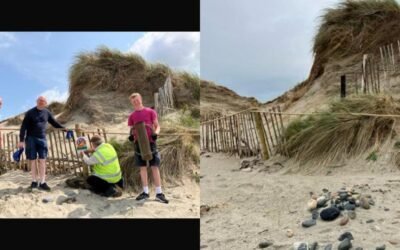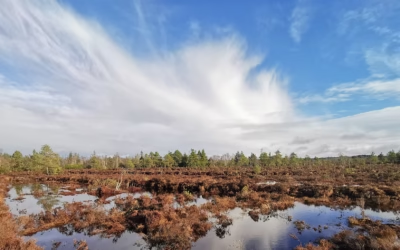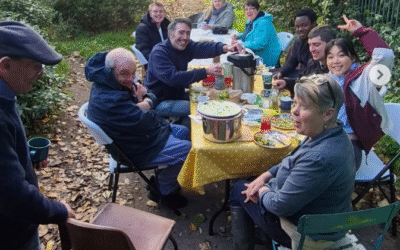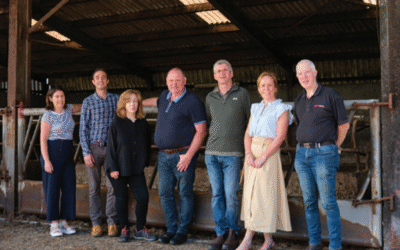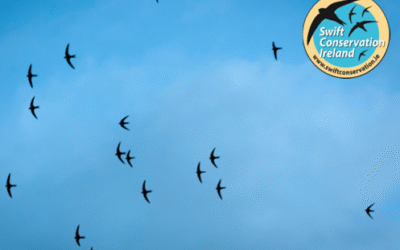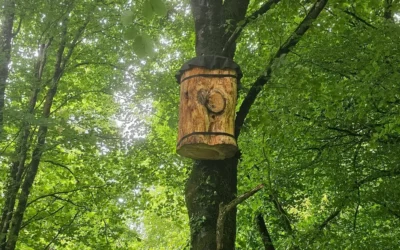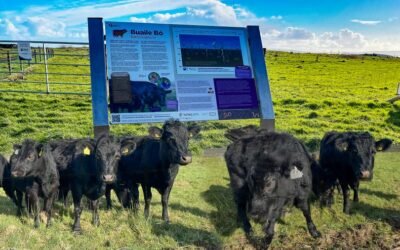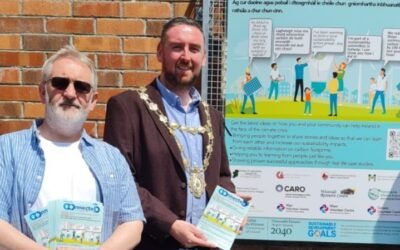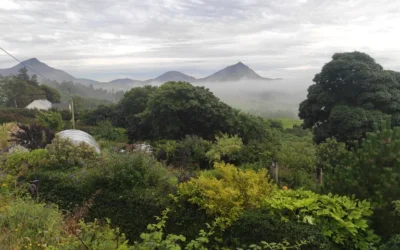The Bertra Connected group work on protecting the sand and grass dunes at Bertra Beach, Co Mayo. The dune system on the beach is shrinking rapidly and does not appear to building back up and recovering naturally as it once did. The very popular beach is under pressure from climate change and from over-use for recreation.
The community in Bertra has come together to find ways within nature to preserve these dunes…

